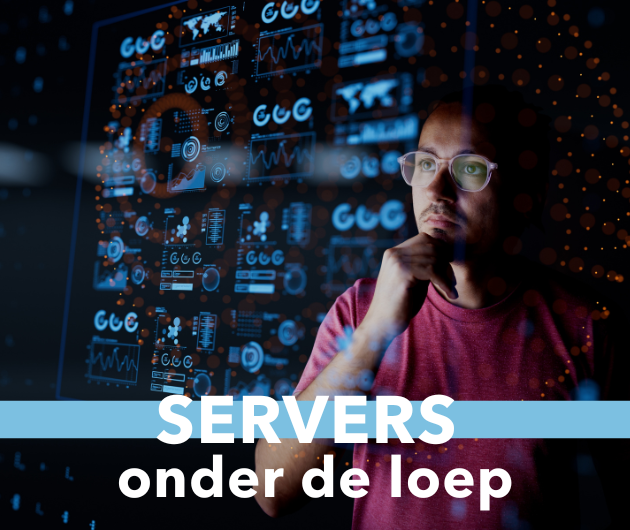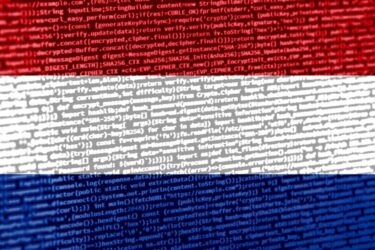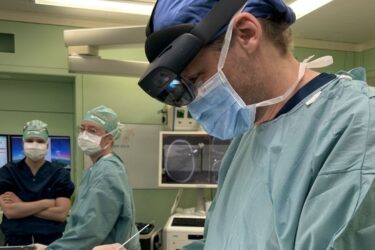Some companies are clearly dominantly software organisations, i.e. Microsoft, while some are equally biased towards hardware development. The latter are becoming quite rare, which says a lot about the state of the hardware industry.
Only IBM has a track record in both hardware and a full complement of software. A computer manufacturer traditionally provided at least the specialised system software, in particular the operating system and management tools. Thus for instance Hewlett-Packard’s major software product was HP/UX, a derivative of Unix, specifically for the HP hardware. For a long while the PC revolution changed the balance since they all used the Microsoft operating systems, even including IBM and HP for their Intel based products. But now only dedicated PC assemblers (they seldom manufacture) such as Medion, Time, etc. are tied to the original PC concept. All the major players have been affected by falling prices and narrowing margins. As a result they are trying to add more value to their hardware. This will include peripherals, maintenance, etc., but basically it means the introduction of systems and services, in some cases aiming to make hardware a smaller part of turnover.
The move from a hardware manufacturer to a system supplier is a very difficult one, so much so that it is difficult to think of any success stories. It is of course equally difficult to expand from system software into applications, a problem which has seriously affected the DBMS suppliers; Oracle is the only serious independent player in the RDBMS market, and they are now struggling to diversify as Microsoft and IBM exploit the much wider range of products in their portfolio.
The prime example of a brave but rather unsuccessful attempt at expansion is Compaq. As the PC industry squeeze began they made the bold move to diversify on a large scale. First they took over Tandem, giving them a product aimed at transaction processing and at the same time giving them access to a very prestigious customer base. This in fact worked quite well, but was on a relatively small scale for a company as big as Compaq. The second take over was Digital Equipment (DEC), who themselves had been a major computer manufacturer in the earlier minicomputer era. DEC was undermined by the PC, Unix and TCP/IP networking and despite heroic efforts were unable to stay in the game. The take over by Compaq was this time on a large scale and was never very successful. There where too many cultural problems to cope with and unification with the excellent, but incompatible Digital operating systems and RISC processors proved an insoluble problem.
However with the Digital acquisition Compaq gained a significant system integration and consultancy business. This we can conjecture was the icing on the cake that made HP go ahead with the ensuing take over of Compaq, the success or failure of which remains to be seen. The new, bigger HP now has the legacy of Digital systems to cope with.
Despite the take-over of Compaq and the aggressive stand against IBM, HP still has a long way to go if they are to offer the range of product that IBM enjoys. In particular they must expand their software portfolio. The only true software product that HP offers is the well respected management tool, Open View. This originated in the communications sector and needs a lot of extension, particularly in conformity with the new standards emerging for the Internet, but they are well placed to achieve this. But where else can they go? A database supplier is an obvious target, as is a Web Services specialist. Oracle and BEA would be the obvious targets if HP is to catch IBM, but are they interested in HP? One thing HP can do though is to emphasise Open Source Software (OSS) products, making revenue from systems integration and support, which would then upset the relationship with Microsoft.
If HP is struggling, then what about the other hardware giant, Sun Microsystems? They benefited from the Internet revolution, a market which has naturally dried up and they are struggling. They have the same profile as Digital had in the 80’s. The parallels are enough to set the alarm bells ringing. The antagonism between Sun and Microsoft, combined with direct competition from HP and a dubious attack on IBM’s mainframe business is making it difficult to see where SUN are going. They have entered the software world, in addition to their operating system, with Java tools, but it is difficult to see how this will help them in the long run; it is BEA, IBM and Oracle who are benefiting from Java!
Martin Healey, pioneer development Intel-based computers en c/s-architecture. Director of a number of IT specialist companies and an Emeritus Professor of the University of Wales.








